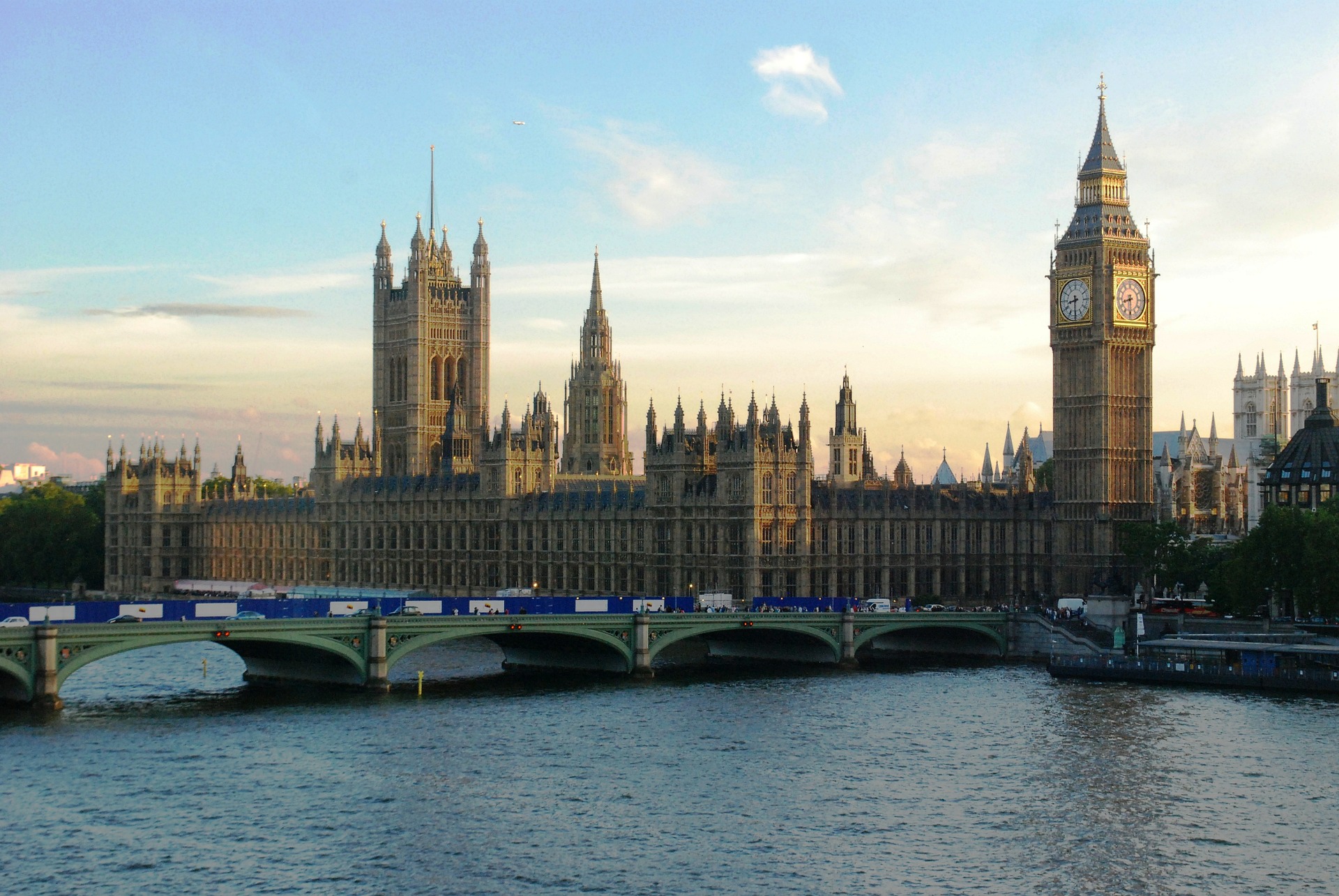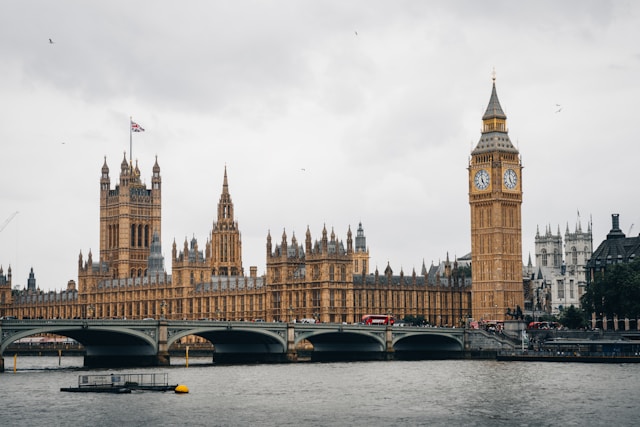
The Future Lawyer Weekly Update – w/c 21st January
January 23, 2019
Clear the Lobby: What laws are MPs voting on this week? – w/c 28th Jan
January 28, 2019Your round-up of the stories that you should discuss at interview this week:
Former Scottish Minister Charged on 12 Counts of Sexual Assault
Reported by Paige Waters
The former Scottish First Minister, Alex Salmond, appears in Edinburg Sheriff Court on two counts of attempted rape, nine sexual assaults and two indecent assaults. As well as a breach of the peace.
The multiple counts of sexual offence allegations are by a number of unknown women. Thus demonstrating the extremity of the allegations. He was arrested and charged on Wednesday 23rd following a four-month investigation.
Salmond has protested his innocence since being charged. He stated to the waiting crowd of reporters “I refute absolutely these allegations of criminality” following his hearing. As it was a private hearing, the press were not present in court.
He has since been released on bail following further examination as no plea or declaration was made in court. His next court appearance is yet to be confirmed.
Salmond was a respected politician who led the SNP for 20 years in two stints and advanced the political party from fringes to power and dominance in Scotland.
Salmond has released a statement declaring his innocent, stating: “now that criminal proceedings are live, it is even more important to respect the court and therefore the only thing I can say is I refute absolutely these allegations of criminality and I will defend myself to the utmost in court.”
“I’ve got great faith in the court system of Scotland. That is where I will state my case.”
Find out more here.
Incitement to smoking is at the limit of legality on the part of free market groups
Reported by Emma Ducroix
Considered a pariah by governments, as it kills more than 7 million people a year, the tobacco industry has always found support from free market think-tanks.
Although stricter regulation against cigarettes is more effective, some free market think-tanks provide a supportive voice for cigarette manufacturers around the world.
According to a survey conducted by The Guardian, about 100 think-tanks around the world have accepted donations from tobacco companies and have sometimes even opposed tobacco control policies implemented by the World Health Organization (WHO).
In one case, an African think-tank questioned whether the link between cancer and smoking “has not yet been empirically established.”
Patricio Marquez, a health specialist, said such an activity could have an impact on public efforts. The focus groups “created an arsenal of evidence to influence policy development and decision-making,” he said.
The main networks of independent think-tanks on the free market in the world are organised by Atlas Network, a non-profit organisation.
In this network, more than a fifth of them have opposed controls in one way or another, accepted donations from industry or both. In this opposition, they argued that they were “ineffective,” regressive or increasing smuggling. In some cases, experts stated that taxes “were widely recognised as the most effective way” to reduce tobacco use.
Atlas has endeavoured to encourage free market think-tanks around the world on a range of issues. However, research has shown that in the 1990s, Atlas Network was considered a “strategic ally” of the tobacco industry.
Tobacco producing industries such as Philip Morris International or British American Tobacco have donated to free market think-tanks. But these manufacturers still strongly contest today the fact that donations can influence the production of think-tanks. Some of these think-tanks are very influential in their countries and have sometimes received funding for diplomatic outposts.
According to the Guardian, the focus groups stated that they were not guided by donations. Others said they were not against all anti-tobacco measures, that they were happy to see the increase in electronic cigarettes in richer markets and that they were against a “regressive” taxation of cigarettes because it hurts low-income people.
For example, simple packaging laws remove advertising on cigarette packages to encourage smokers to quit. Australia was the first country to adopt this law and was directly in the tobacco industry’s sights, arguing that neutral packaging violated international trade agreements, undermined trade discourse and was not effective in reducing tobacco use.
Cigarette manufacturers argue that tobacco taxes fuel black market smuggling and the production of counterfeits. In return, cigarette manufacturers claim that increasing tobacco taxes leads to violence and loss of income.
In a study, researchers from the International Union Against Cancer stated that “tobacco companies are the main beneficiaries of smuggling”. Tobacco companies oppose air quality laws on the grounds that they have a negative impact on companies and infringe individual rights. While second-hand smoke can cause smoking-related diseases.
But many developing countries have not adopted this air quality law. It is therefore logical to learn that several think tanks have used these arguments to oppose indoor air quality laws in some developing countries.
Patricio Marquez said: “In addition to marketing[tobacco] and advertising, which are aimed at generating consumption, you have this additional [think-tank] mechanism that is used to influence policy development in a way that protects the interests of the industry.
“Freedom of expression must be respected as long as everything is transparent.”
“Our so-called contributions to organisations committed to promoting positive change in public health create a conflict of interest, are irrational and wrong,” said the cigarette manufacturer Marlboro.
Japan Tobacco International said: “It is clear to everyone that there are health risks associated with smoking – we are fully transparent about this. And, as such, it is important that tobacco products be regulated.”
Read more on the Guardian.
Goldman Sachs delivers UK Brexit Investment warning
Reported by Nathan Gore
The new Chief Executive of the investment bank, David Solomon, delivered a warning yesterday that if there were a ‘difficult’ Brexit, this would have a negative impact on their UK investment plans.
Speaking at the World Economic Forum, in Davos, Mr Solomon said: “If this [Brexit] is resolved in a difficult way, or in a hard way, I do think it’ll have an impact on where we invest in where we put people.
“All these things ultimately have an impact on the investment decisions and the business decisions that all of us as business leaders make.”
The Wall Street giant employs 6,000 people in the UK, and these comments may be a sign that they are thinking to move some of their people abroad, potentially to their offices in Frankfurt, Paris, Stockholm, Milan and Madrid.
Whilst most businessmen in Davos were concerned with the developing relationship between the US and China and its geopolitical fallout, Brexit and its implication was also a hot topic of conversation.
Read more at the BBC here.
Get these updates straight to your inbox every week by signing up here.




